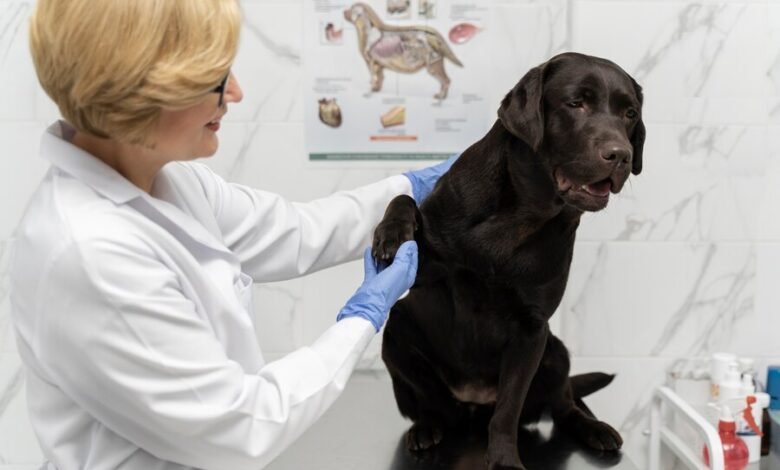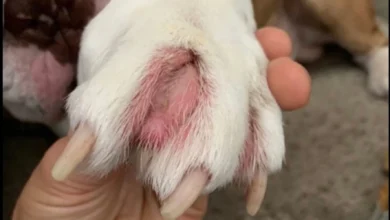
Panacur, containing the active ingredient fenbendazole, is a broad-spectrum anthelmintic widely used to treat various parasitic infections in dogs. Its effectiveness against different types of worms, including roundworms, hookworms, whipworms, and certain tapeworms, makes it a valuable tool for maintaining canine health. This article will discuss the dosage, benefits, and proper usage of Panacur Tablets for Dogs. Buy Fenbendazole Online at Medzsupplier.
Dosage
The dosage of Panacur for dogs depends on the type of infection being treated and the weight of the dog. Generally, the recommended dosage is as follows:
For Roundworms, Hookworms, and Whipworms: Administer 50 mg/kg body weight per day for three consecutive days. This is equivalent to 1 gram of Panacur for every 20 kg (44 lbs) of body weight.
For Tapeworms: The treatment may require a different dosing regimen, typically using a higher concentration of fenbendazole. It is essential to consult a veterinarian for specific instructions based on the type of tapeworm and the dog’s overall health.
For Giardia Infections: A higher dose may be necessary, often 50 mg/kg for three consecutive days, but again, veterinary guidance is crucial.
Benefits
Broad Spectrum of Action: One of the most significant benefits of Panacur is its effectiveness against multiple types of parasites. This makes it a versatile option for treating various infections, reducing the need for multiple medications.
Safety Profile: Panacur is generally well-tolerated by dogs, including puppies and pregnant females, when used as directed. Its low toxicity levels make it a safe option for many canine patients.
Easy Administration: Available in granule form, Panacur can be easily mixed with food or given directly to the dog, facilitating administration, especially for picky eaters.
Prevention of Re-infection: Regular deworming with Panacur can help prevent re-infection, particularly in dogs that are frequently exposed to contaminated environments, such as parks or kennels.
Cost-Effectiveness: Compared to other anthelmintics, Panacur is often more affordable, making it an accessible option for pet owners.
Usage
Veterinary Consultation: Before starting treatment with Panacur, it is vital to consult a veterinarian. They will conduct a thorough examination and recommend the appropriate dosage based on the dog’s weight, age, and specific health conditions.
Monitoring: During treatment, pet owners should monitor their dogs for any adverse reactions, such as vomiting or diarrhea. If any concerning symptoms arise, it’s essential to contact a veterinarian immediately.
Completing the Course: It is crucial to complete the full course of treatment as prescribed, even if symptoms appear to resolve before the treatment is finished. This ensures that all parasites are eliminated and reduces the risk of developing resistance.
Regular Fecal Exams: To maintain a healthy pet, regular fecal examinations by a veterinarian are recommended. These checks help detect any parasitic infections early, allowing for prompt treatment.
Preventative Measures: In addition to treating existing infections, pet owners should implement preventative measures. Regular deworming schedules, proper sanitation, and avoiding areas where dogs may encounter parasites can significantly reduce the risk of infection.



